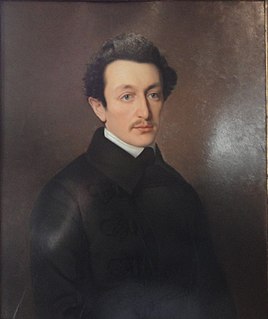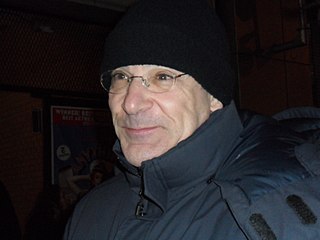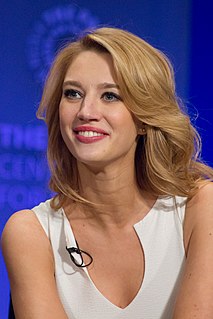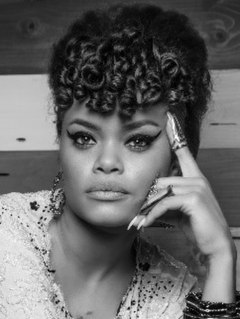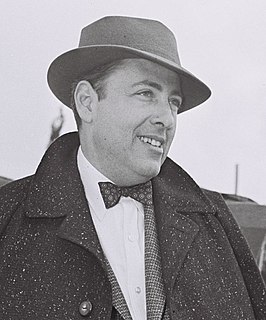A Quote by Moses Hess
Related Quotes
Our being edified at conference depends on us. It becomes necessary that we prepare our hearts to receive and profit by the suggestions that may be made by the speakers during the progress of the conference, which may be prompted by the Spirit of the Lord. I have thought, and still think, that our being edified does not so much depend upon the speaker as upon ourselves.
The secret of our lost mode of prayer is to shift our perspective of life by feeling that the miracle has already happened and our prayers have been answered. Now we have the opportunity to bring this wisdom into our lives as prayers of gratitude for what already exists, rather than asking for our prayers to be answered.
I work in Hebrew. Hebrew is deeply inspired by other languages. Not now, for the last three thousand years, Hebrew has been penetrated and fertilized by ancient Semitic languages - by Aramaic, by Greek, by Latin, by Arabic, by Yiddish, by Latino, by German, by Russian, by English, I could go on and on. It's very much like English. The English language took in many many fertilizations, many many genes, from other languages, from foreign languages - Latin, French, Nordic languages, German, Scandinavian languages. Every language has influences and is an influence.
